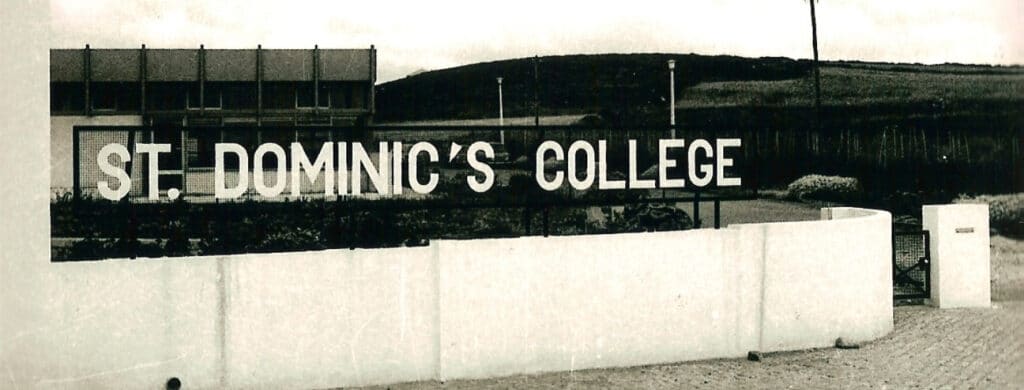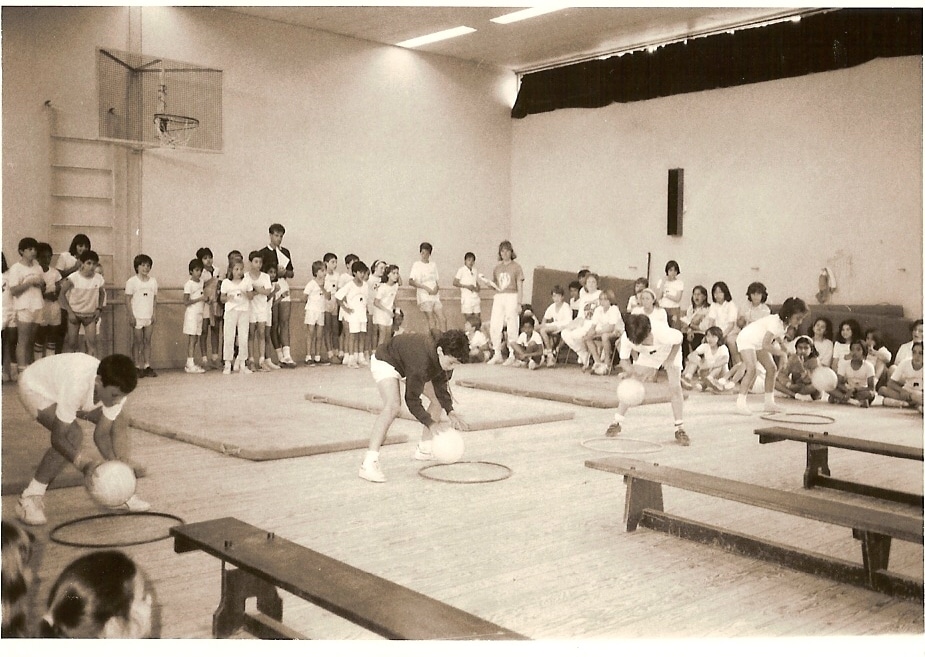The Origin
The Dominican Philosophy of Education
The rich history of the Irish Dominican Sisters in Portugal dates back to 1639. Unable to form a convent in their homeland, due to the persecution of Catholics, the Sisters travelled to other countries.
The Dominican Sisters first brought their philosophy of education and its values to Portugal in the 1600´s and through various twists and turns of history, St. Dominic’s International School proudly carries on this tradition.
Known as the Order of Preachers, the Dominicans are vitally committed to education. Their philosophy of education is based on Veritas, the search for the truth. This Dominican philosophy of education and its values have left their mark in the Cascais and Lisbon areas, as in many other parts of the world.
In Portugal, they were given the country home of Dona Iria de Brito, Countess of Atalaya, and began living the enclosed life dedicating themselves to prayer, study and the education of young women. The convent of Bom Sucesso in Belém is unique in Portugal as the only religious community of nuns that has survived from that time and had a continual presence in Lisbon.



Present Day
As of 15th January 2010, St. Dominic’s International School was officially owned and managed by Veritas Educatio, SA, which established a Board of Governors in line with best practice in international schools.

St. Dominic's, Veritas and The International Baccalaureate
At St. Dominic’s, veritas or the search for truth, sits comfortably with the International Baccalaureate mission of developing inquiring, knowledgeable and caring people. We are a committed International Baccalaureate school, having been registered with the three programmes, Diploma, Middle Years and Primary Years since 1997. Being a school with inclusivity at its heart, we believe that all people bring value to a community. Through our academic, arts, sporting and community and service programmes we are committed to bringing the best out of everyone. Our definition of learning, which guides the planning and implementation and reflection on learning, places this value in the daily context.